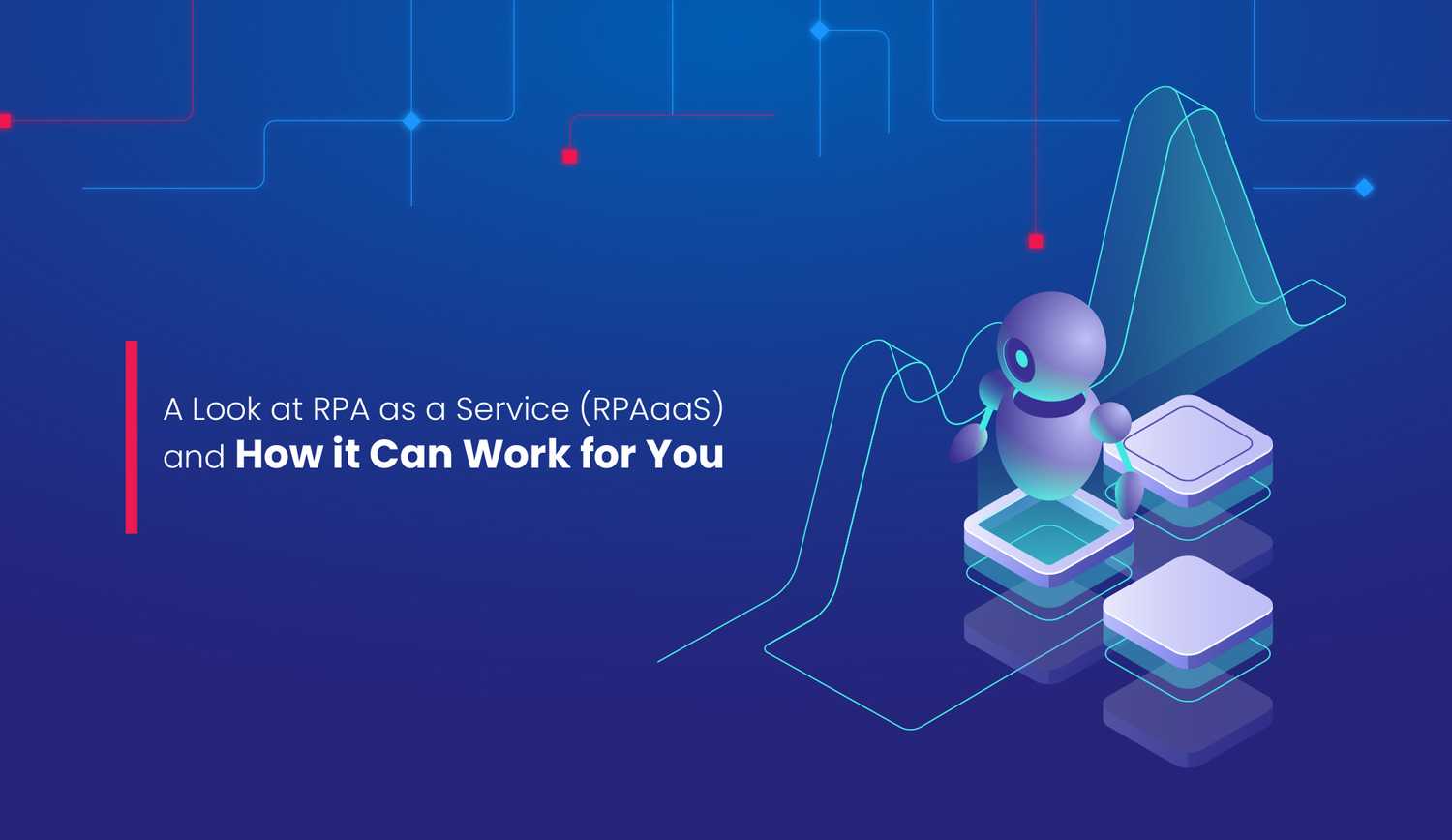Details


Blog - RPA as a Service (RPAaaS) for Digital Automation Speed and Efficiency | NITCO Inc.

RPA as a Service for Digitial Automation Speed, Efficiency and Support
There are a variety of necessary but tedious tasks in any organization that are often dreaded by those tasked with performing them: data entry, invoice processing, rudimentary analytics, etc. These tasks can be labor intensive, requiring one or more staff members to spend hours and hours performing monotonous actions. Even worse, that monotony and repetitiveness is highly prone to human error, such as "fat fingering."
Fortunately, these types of repetitive, low-skill tasks are the perfect fit for the growing field of robotic process automation (RPA). RPA is a type of process automation that makes use of technology to create artificial intelligence (AI) "workers" or computerized "robots." The "robotic" element of RPA doesn't involve a robot in the traditional sense. Instead, it refers to the general metaphorical concept of a non-human entity capable of performing repetitive tasks. Just as a real, physical robot can install rivets into a car frame at an automobile factory, a metaphorical software robot can enter customer data into a company database.
Overview of RPA
RPA works by creating virtual "robots" that perform tedious and repetitive tasks traditionally performed by humans. Such tasks, like large-scale data entry and the execution of routine and monotonous processes are both prone to human error and can contribute to a lack of engagement by the staff required to perform them. A virtual robot, however, does not get bored and is far less likely to make errors than a human.
A virtual robot can literally execute keyboard and mouse functions like a human sitting in front of a computer, although those actions don't necessarily need to be on-screen actions and typically take place behind the scenes in a virtual environment. A virtual robot doesn't need to "see" a graphical user interface (GUI) in which it "clicks" on a field and "types" data, but the end result – data entered into a computerized database – is the same as if a human were typing and clicking on a screen. The process operates through essentially the same programmatic prompts.
Technologies like virtualization – in which a single piece of computer hardware can be partitioned into multiple virtual machines – make RPA extremely scalable, allowing organizations to deploy multiple virtual robots at a lower cost than a single human employee.
What is RPA as a Service (RPAaaS)?
In the world of software – including RPA – applications can be delivered either on-premises, to be installed, maintained, and operated from a customer's servers and data center; or the services can be provided in a hosted environment, meaning hosted by a vendor that runs and maintains the applications from its own data centers and allows customers to remotely access those applications, such as through an internet browser.
This hosted software model is often referred to as software-as-a-service, or SaaS.
Hosted software has several benefits over the historically more traditional on-premises model. For one, the cost of subscribing to a hosted solution is often significantly less than the cost of installing and operating the same application from one's own infrastructure. SaaS providers take advantage of economies of scale to provide hosting services for multiple customers at a lower cost than the combined expense of all those customers building and maintaining their own data centers.
RPA as a Service
RPA, like most types of software, can also be offered as a hosted solution through a SaaS model, and this approach has many advantages for companies looking to leverage the efficiencies, accuracy, and scalability of RPA. With RPA as a Service, customers can rely on a service provider to handle the technical processes required to implement and maintain virtual robots.
For example, NITCO's RPA as a Service offers a client dashboard to view and manage the various RPA implementations, as well as a standard service level agreements outlining the support NITCO provides in maintaining and proactively monitoring customers' hosted RPA solutions.
But utilizing an established and experienced hosted RPA vendor is about more than just outsourcing costly IT infrastructure and support that are often prohibitively expensive for many organizations. Experienced hosted RPA vendors also provide a wealth of valuable business and process knowledge to help customers achieve the maximum benefits of RPA technology.
NITCO offers automation assessments to ensure companies are getting the most out of their investment in RPA. NITCO also provides end-to-end automation process implementation with developers, business consultants, and project coordinators.
Tedious and repetitive activities like data entry and invoice processing may be necessary for businesses as part of their day-to-day operations, but it isn't necessary for human staff to perform them. Robotic process automation is increasingly fulfilling the promise of executing such tasks efficiently and with fewer errors than human workers, freeing up human staff to focus on more complex and engaging work at the same time.
Ready to learn more? Get in touch to learn more about NITCO's RPAaaS solution.